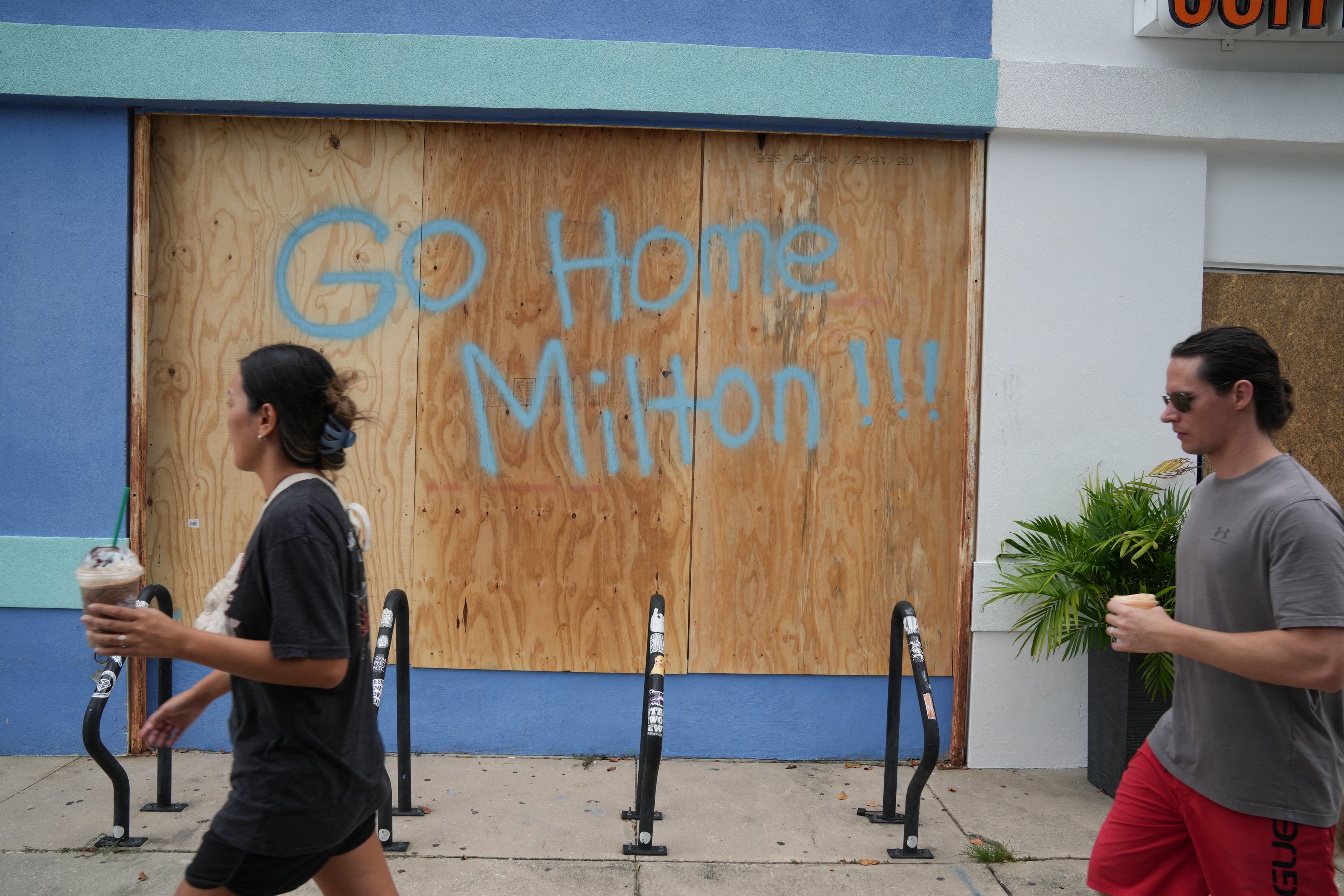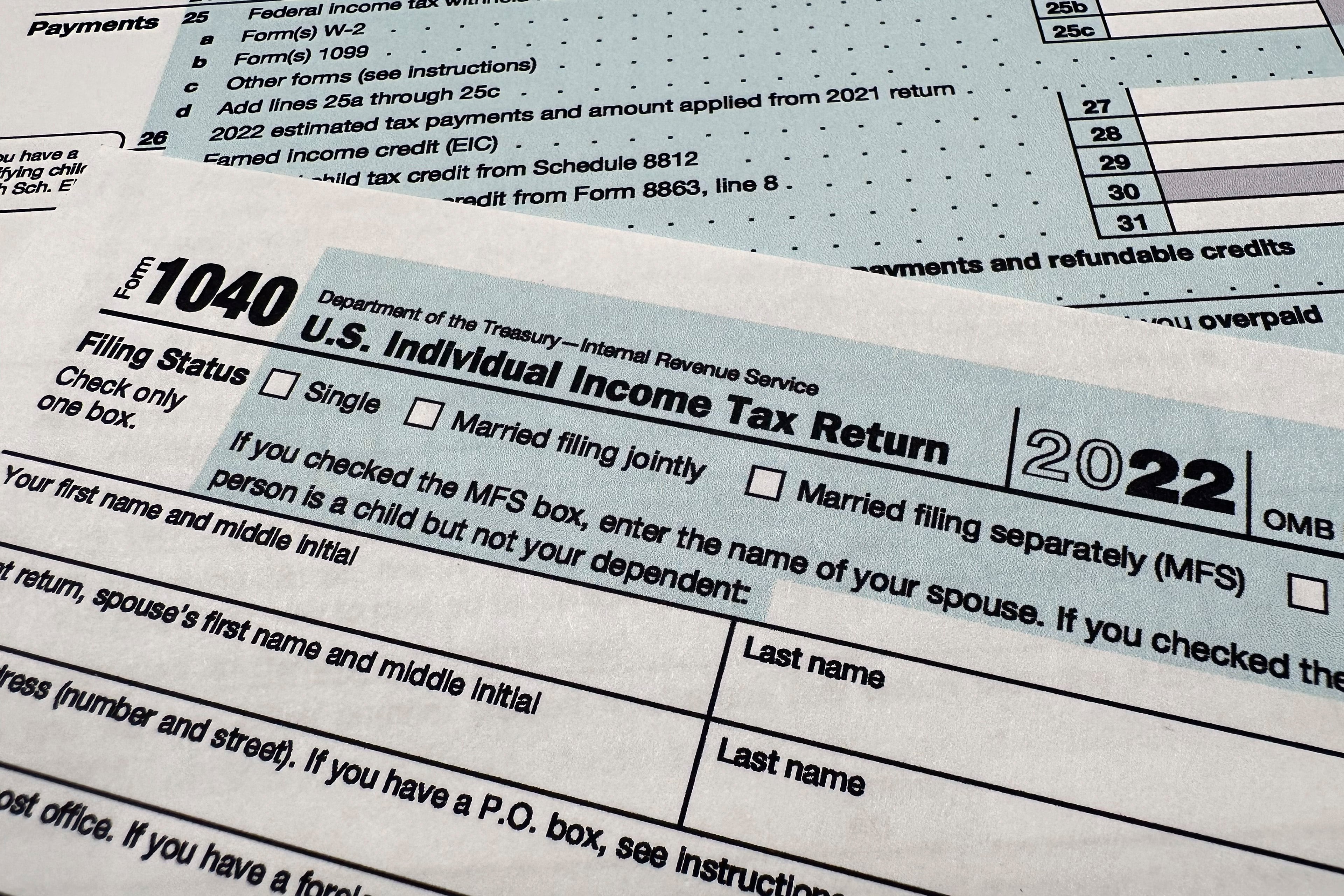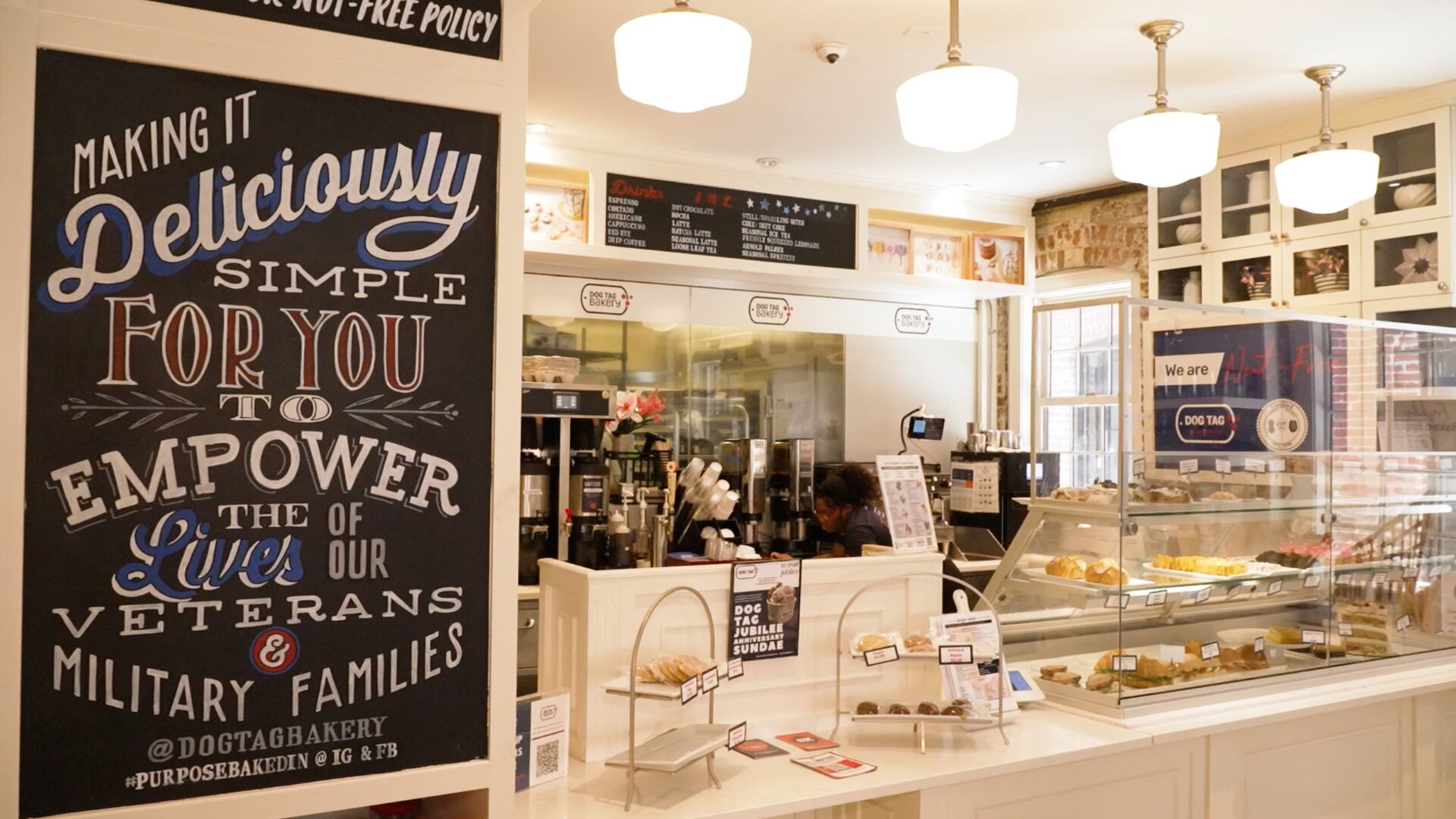By Stan Choe
Wall Street’s week of turmoil closed with drops for stocks. The S&P 500 fell 1.1% Friday, led by drops in First Republic and other banks. The Dow Jones Industrial Average and Nasdaq composite also pulled back. This week has been a whipsaw for global markets as concerns worsen about banks following the second- and third-largest U.S. bank failures in history. The fear is that the trouble for banks caused by fast-rising interest rates could drag the economy into a recession. Treasury yields sank again Friday in part on such fears, along with easing inflation expectations and falling confidence among U.S. households.
THIS IS A BREAKING NEWS UPDATE. AP’s earlier story follows below.
NEW YORK (AP) — Wall Street's week of turmoil is closing with sharp drops for stocks on Friday as worries worsen about the banking industry and fears rise that it could drag the economy into a recession.
The S&P 500 was 1.2% lower in late trading, cutting into its gain for the week. The Dow Jones Industrial Average was down 441 points, or 1.4%, at 31,805, as of 3 p.m. Eastern time, while the Nasdaq composite was 1% lower.
This week has been a whipsaw for markets around the world as worries rise following the second- and third-largest U.S. bank failures in history. Just a day earlier, markets rallied in relief after two banks on both sides of the Atlantic tapped into tens of billions of dollars of cash to bolster their finances.
But on Friday, some of the hope was washing out, and the pair were back to falling. In Switzerland, Credit Suisse shares dropped 8%. On Wall Street, shares of First Republic Bank sank 32.3% and were on their way to a 71% plunge for the week.
The two banks have different sets of issues challenging them, but the overriding fear is that the banking system may be cracking under the weight of the fastest set of hikes to interest rates in decades.
“If the Fed hikes this far this fast, something will break," said Ross Mayfield, investment strategy analyst at Baird. “There’s a very clear and evident history of that happening, even in slower, smaller rate-hike cycles.”
Analysts have been quick to say the current chaos for banks looks nowhere near as bad as the 2007-08 financial crisis that ruined the global economy. But the troubles still feed into concerns about a recession because problems for banks could mean problems for smaller and mid-sized companies getting the loans they need to grow.
In “the biggest picture: since 1870 there have been 14 big world recessions, all driven by wars, pandemics & banking crises,” investment strategist Michael Hartnett wrote in a BofA Global Research report.
Banks have borrowed nearly $165 billion from the Federal Reserve over the last week in a sign of how much stress is in the system.
After years of enjoying historically easy conditions, banks and the economy are now getting a shock after the Federal Reserve and other central banks jacked up interest rates at a blistering pace. The moves are meant to get the world’s high inflation under control.
Higher rates can indeed help tame inflation by slowing the economy, but they raise the risk of a recession later on. They also hurt prices for stocks, bonds and other investments. That latter factor was one of the issues hurting Silicon Valley Bank, which collapsed last Friday.
Since then, Wall Street has tried to root out banks with similar traits to Silicon Valley Bank, such as lots of depositors with more than the $250,000 limit that’s insured by the Federal Deposit Insurance Corp., or lots of tech startups and other highly connected people that can spread worries about a bank’s strength quickly.
That's why investors keyed in so much on San Francisco-based First Republic. A group of 11 of the biggest banks on Thursday said they would deposit a combined $30 billion in the bank to show their confidence in it and banks in general. After getting a brief respite Thursday, its stock fell again Friday along with other smaller and mid-sized banks.
“There’s still a lot of unknowns,” Baird's Mayfield said about exactly what types of investments banks have in their portfolios and how easily they can be turned into cash quickly. “That’s the biggest fear. That’s when markets are typically at their most volatile and most negative. And for most investors who have been in the business for a while, it's hard not to call back to memory 2008, 2009 even if it does look quite different.”
Some of the wildest action has been in the bond market, where yields have swung as traders drastically recalibrate bets for where the Fed will take rates.
The yield on the two-year Treasury, which tends to closely track expectations for the Fed, fell to 3.85% from 4.17% late Thursday. It was above 5% last week and at its highest level since 2007. That's a massive move for the bond market.
Traders largely expect this week’s turmoil to push the Federal Reserve to hike interest rates at its next meeting by only a quarter of a percentage point. That would be the same sized increase as last month’s and half the hike of 0.50 points that some traders were earlier expecting.
A report on Friday gave the Fed possibly more reason to hold off on reaccelerating its rate hikes. Expectations for inflation among U.S. consumers are falling, according to a preliminary survey by the University of Michigan. That's key for the Fed, which has said such expectations can feed into virtuous and vicious cycles.
In a more discouraging signal for the economy, confidence also fell. That's at the heart of the most important part of the U.S. economy: consumer spending.
Easing expectations for the Fed have helped several Big Tech stocks to lead the market this week. They've had their own problems, but they tend to benefit from lower interest rates. Partly because of that, the S&P 500 is still on track for a weekly gain of 1.3%.
Cryptocurrencies have shot even higher this week. Bitcoin is up roughly 30%.
The European Central Bank on Thursday raised its key rate by half a percentage point, brushing aside speculation that it may reduce the size because of all the turmoil around banks.
___
AP Business Writers Elaine Kurtenbach and Matt Ott contributed.












